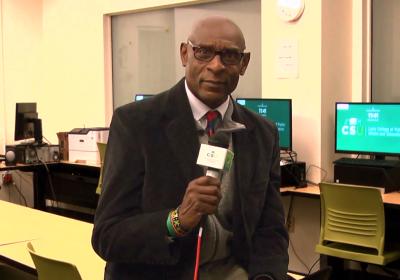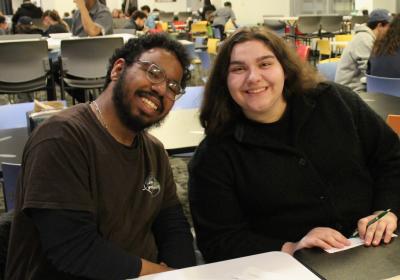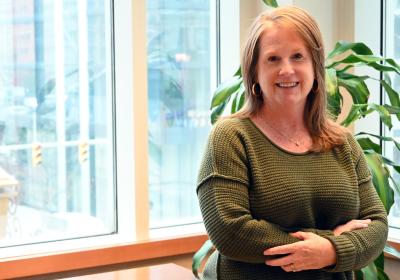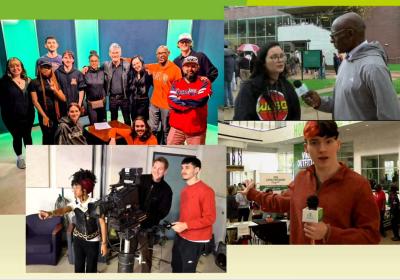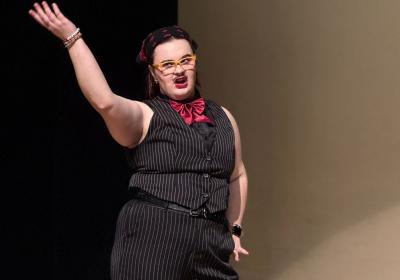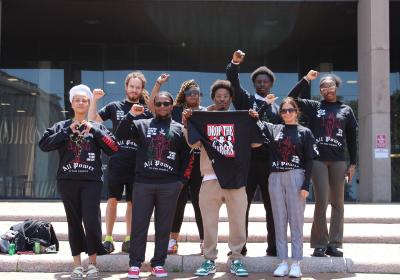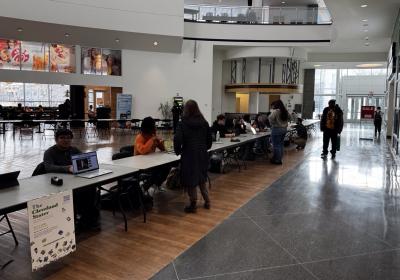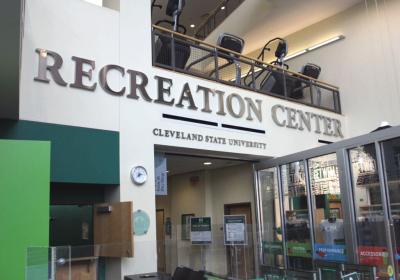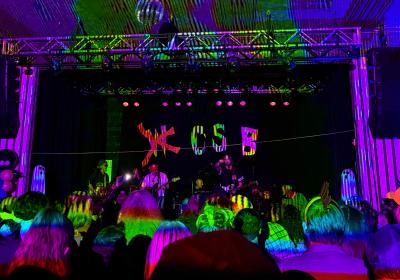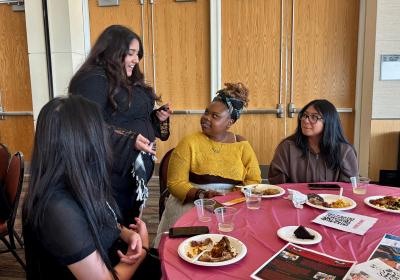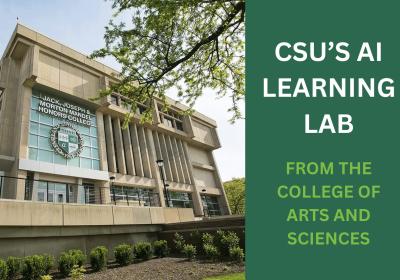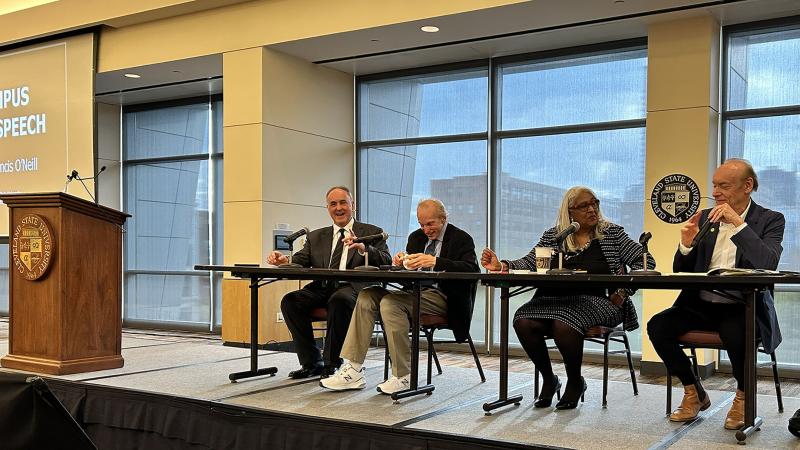
Panel speaks to free speech on campus, the law and university policies
Cleveland State University hosted a panel Oct. 1 to educate the campus community on free speech rights and how this First Amendment right can be exercised on a public university’s campus.
Lee Fisher, dean of CSU's law school, moderated the panel, which featured:
- Professor Kevin F. O’Neill, CSU College of Law
- Distinguished Professor Richard M. Perloff, Levin College of Public Affairs and Education, School of Communication
- Sonali B. Wilson, vice president, general counsel and secretary, Cleveland State University
The discussion largely revolved around the values, norms and laws surrounding free speech. Panelists reminded the audience that values and norms are separate from the law. For speech to be free, nuances cannot be restricted. For example, the government and universities permit hate speech in an attempt to not encroach on the First Amendment.
Professor O’Neill began by reviewing the government's power to regulate only time, place and manner as opposed to viewpoints, content, or expressive activity. This matter and the battle of free speech is not new. The history of speech crimes dates back to the American Civil War, slavery in the 1860s, the fight for women’s rights in the 1910s, and anti-capitalism in the 1920s.
Dr. Perloff took a social psychological perspective, describing what we can do to encourage robust free speech. He said “bias is in the eye of the beholder,” and explained how, for example, the language regarding the conflict between Palestine and Israel can be seen differently from different viewpoints. Perloff emphasized that perspective matters, and that many Israelis -- the population of Israel is predominantly Jewish, but includes a large Arab Muslim minority -- might view the call to “Free Palestine” as anti-Israel or anti-Semitic, while Palestinians might see it as a mark of solidarity and to emphasize their plight.
Wilson reviewed the ethics and laws behind free speech and how they comply with university policies. She explained that it is not the role of the university to shield individuals from ideas or opinions that may be found offensive. Outdoor campus areas are public forums and everywhere is a free speech zone. Concerns regarding free speech on campus can be reported online.
Fisher proposed hypotheticals for the panelists to review. The panelists agreed that for free speech to prevail, the best way to counter controversial speech that you may disagree with is to speak up for yourself and be on the other side.
Wilson noted that issues regarding speech and what is unprotected arise when there is restriction, obscenity, defamation, incitement to illegal activity, true threats, fighting words or harassment.
The panel had a Q&A with the audience following the presentations.
A question was raised regarding allegations that the family-owned corporation Chick-fil-A is anti-lgbtq. The panelists emphasized that students could host forums on campus or protests in public spaces regarding their personal views on the company’s presence on campus.
Another audience member asked about anti-abortion protests on campus which featured large and misleading photographs and allegations that images themselves were a form of abuse of students on campus. Sonali explained the definition of harassment, describing it as a fine line. She said this type of situation needs to be regarded case by case.
She added that unprotected speech is the advocacy of imminent lawless action, obscenity, child pornography, fighting words and true threats. All of these forms of speech are strictly defined and can be criminalized. Less than fully protected speech includes defamatory statements, commercial speech and profane speech.
Audience questions reflected one of the biggest problems society has with free speech: the fine line. With something so strict yet so nuanced, the panelists aimed for the latter in their responses, given the impossibility of black-and-white answers.



